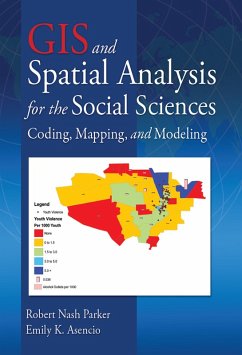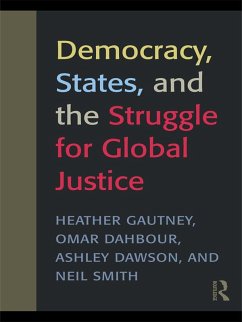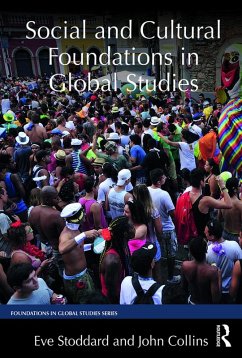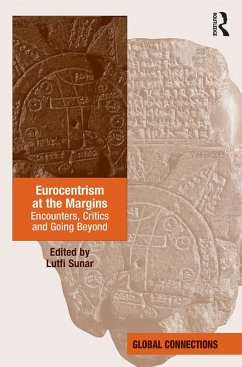
Global Knowledge Production in the Social Sciences (eBook, ePUB)
Made in Circulation
Versandkostenfrei!
Sofort per Download lieferbar
41,95 €
inkl. MwSt.
Weitere Ausgaben:

PAYBACK Punkte
21 °P sammeln!
An innovative contribution to debates on the internationalization and globalization of the social sciences, this book pays particular attention to their theoretical and epistemological reconfiguration in the light of postcolonial critiques and critiques of Eurocentrism. Bringing together theoretical contributions and empirical case studies from around the world, including India, the Americas, South Africa, Australia and Europe, it engages in debates concerning public sociology and explores South-South research collaborations specific to the social sciences. Contributions transcend established ...
An innovative contribution to debates on the internationalization and globalization of the social sciences, this book pays particular attention to their theoretical and epistemological reconfiguration in the light of postcolonial critiques and critiques of Eurocentrism. Bringing together theoretical contributions and empirical case studies from around the world, including India, the Americas, South Africa, Australia and Europe, it engages in debates concerning public sociology and explores South-South research collaborations specific to the social sciences. Contributions transcend established critiques of Eurocentrism to make space for the idea of global social sciences and truly transnational research. Thematically arranged and both international and interdisciplinary in scope, this volume reflects the different theoretical and thematic backgrounds of the contributing authors, who enter into dialogue and debate with one another in the development of a more inclusive, more representative and more theoretically relevant stage for the social sciences. A rigorous critique of the contemporary state of the social sciences as well as an attempt to find another way of doing transnational sociology, Global Knowledge Production in the Social Sciences will appeal to scholars of sociology, political science and social theory with interests in the production of social scientific knowledge, postcolonialism and transnationalism in research.
Dieser Download kann aus rechtlichen Gründen nur mit Rechnungsadresse in A, B, BG, CY, CZ, D, DK, EW, E, FIN, F, GR, HR, H, IRL, I, LT, L, LR, M, NL, PL, P, R, S, SLO, SK ausgeliefert werden.













